Understanding Privacy Laws and Regulations for Body-Worn Cameras
Body-worn cameras (BWCs) have become increasingly popular among law enforcement officers, security personnel, and even civilians for accountability, evidence collection, and personal safety. However, their use raises significant privacy concerns, as they often record individuals without explicit consent. Governments and organizations must navigate complex legal frameworks to ensure compliance with privacy laws while balancing transparency and security.
This blog explores the key privacy laws and regulations governing body-worn cameras, highlighting best practices for lawful and ethical usage.
1. The Importance of Privacy in BWC Usage
Body-worn cameras capture sensitive interactions, including:
-
Law enforcement encounters with civilians
-
Private conversations in public and semi-public spaces
-
Footage of minors, victims, or vulnerable individuals
Without proper regulation, BWCs can lead to:
-
Unauthorized surveillance
-
Violations of personal privacy rights
-
Misuse of recorded data
To prevent these risks, various jurisdictions have established legal guidelines for BWC deployment.
2. Key Privacy Laws and Regulations
A. General Data Protection Regulation (GDPR) – European Union
The GDPR imposes strict rules on data collection, storage, and processing. Key considerations for BWCs under GDPR include:
-
Lawful Basis for Recording: Agencies must justify recording under GDPR’s legal grounds (e.g., public interest, consent, or legitimate interest).
-
Data Minimization: Only necessary footage should be retained; excessive recording is prohibited.
-
Right to Access & Erasure: Individuals can request access to or deletion of their recorded data.
-
Storage Limitations: Footage must be securely stored and deleted when no longer needed.
B. California Consumer Privacy Act (CCPA) – United States
While primarily focused on businesses, CCPA affects BWCs used by private security firms. Key obligations include:
-
Disclosure Requirements: Organizations must inform individuals if they are being recorded.
-
Right to Opt-Out: Individuals can request that their data not be sold or shared (though law enforcement exemptions apply).
-
Data Retention Policies: Clear policies must define how long footage is stored.
C. Law Enforcement-Specific Regulations
Many countries have laws specifically governing police body cameras:
-
USA – State Laws:
-
Some states require consent from all parties before recording (two-party consent laws).
-
Others mandate public disclosure of BWC policies.
-
-
UK – Surveillance Camera Code of Practice:
-
Requires transparency about camera usage.
-
Mandates secure storage and restricted access to footage.
-
-
Canada – PIPEDA (Personal Information Protection and Electronic Documents Act):
-
Requires law enforcement to justify BWC usage and protect recorded data.
-
3. Ethical Considerations and Best Practices
Beyond legal compliance, organizations using BWCs should adopt ethical best practices:
A. Transparency & Public Trust
-
Inform individuals when they are being recorded (where legally required).
-
Publish clear BWC policies to build public confidence.
B. Minimizing Unnecessary Surveillance
-
Avoid continuous recording in non-critical situations.
-
Implement automatic redaction for sensitive data (e.g., faces, license plates).
C. Secure Data Handling
-
Encrypt stored footage to prevent unauthorized access.
-
Limit access to authorized personnel only.
D. Accountability & Auditing
-
Maintain logs of who accesses recorded footage.
-
Conduct regular audits to ensure compliance.
4. Challenges in BWC Privacy Compliance
Despite regulations, challenges remain:
-
Balancing Privacy vs. Accountability: While BWCs enhance transparency, they also intrude on privacy.
-
Varying Legal Standards: Different jurisdictions have conflicting laws, complicating compliance for multinational organizations.
-
Technological Limitations: AI-powered facial recognition in BWCs raises additional privacy concerns.
5. The Future of BWC Privacy Laws
As technology evolves, regulations must adapt:
-
Stricter Consent Laws: More regions may require explicit consent for recording.
-
AI Regulation: Laws may restrict real-time facial recognition in BWCs.
-
Global Harmonization: International standards could simplify compliance for organizations operating across borders.
Conclusion
Body-worn cameras offer significant benefits in security and accountability but must be used responsibly to protect privacy. Organizations must stay informed about evolving laws, implement strong data protection measures, and prioritize ethical considerations. By balancing transparency with privacy rights, BWCs can serve as a tool for justice without compromising individual freedoms.
For businesses and law enforcement agencies, consulting legal experts and adopting privacy-by-design principles will ensure compliance and foster public trust in BWC programs.
No comments






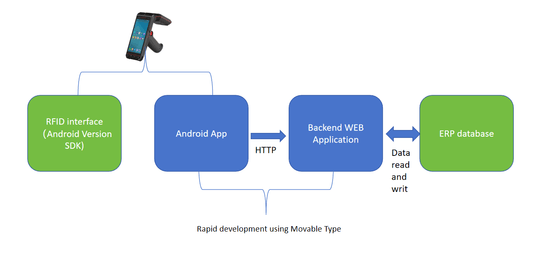
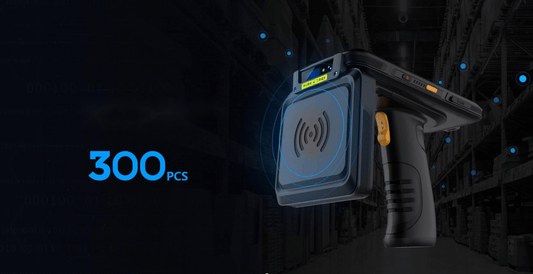
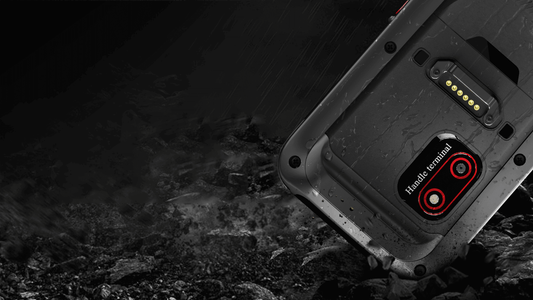


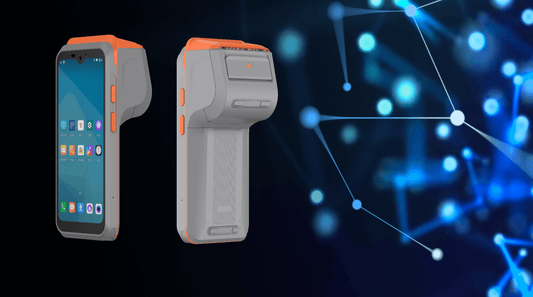
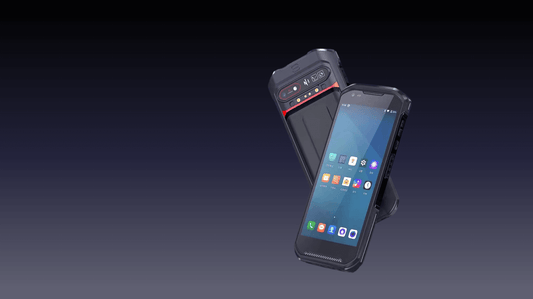
0 comments